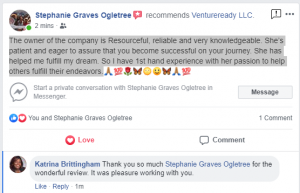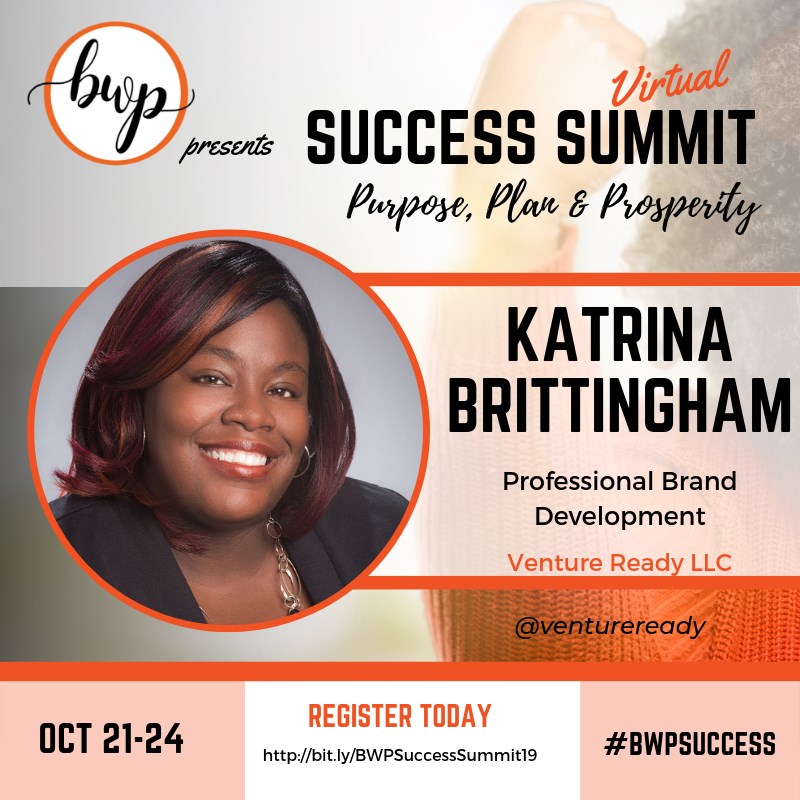Originally posted on Forbes.com
In my experience as a career coach, I have found that people who are frustrated with their job search read the postings, but don’t know how to align their professional experience to the position, or their resume is not optimized for applicant tracking systems (ATS). They may even be applying for roles that they aren’t qualified for.
Ask yourself these questions when preparing your resume for a role you want to apply to.
1. Does my experience match the required experience?
Accurately reading a job posting is a crucial step in your job search strategy. For your search to be as productive as possible, don’t waste your time applying to positions that don’t actually fit your qualifications and credentials.
Your resume is scanned by an applicant tracking system prior to human eyes ever seeing it. This system takes keywords from the actual job posting and looks for those same keywords in your resume. If those keywords aren’t in your resume as they relate to your skills and expertise, then your document will not make it to a human.
Each role will have a set of required skills and experience as well as preferred skills. Make sure that at the very least you have the set of skills found in the required section. You may make it through the system if you have all the required skills and experience and none of the preferred, but not the other way around.
PROMOTED
Celebrating Women Humanitarians On The Front Lines For UNICEF
Institutionalization Isn’t The Solution To Senseless Violence
Institutionalization Isn’t The Solution To Senseless Violence
Look at the key phrases and words in the job description as they relate to your experience. If a requirement of a job is to have “experience working and collaborating with business stakeholders, clients and account managers,” then you need to show a specific example of that in your resume. To show you meet the requirement, you could say, “Collaborated cross-functionally with business stakeholders, clients and account managers to devise and implement executive summaries and financial savings reports.”
2. How does my education stack up to what is being requested?
Just like your experience and skills, education is another requirement that you must strictly adhere to. Many postings will require a degree or X years of experience. In this case, you can replace experience for a degree. However, if the posting only asks for a degree, it doesn’t matter how much experience you have, the ATS will disqualify you.
In cases like this, consider applying for another role that matches your education level or enrolling in a degree program and writing your anticipated graduation date on your resume. This may put you in the running, as the ATS might read the degree you are pursuing and the recruiter might consider the fact that you are currently enrolled in a program, especially if you have the other desired skills they are seeking. Keep in mind, however, if another candidate has the degree and the experience, the ATS will select their resume over yours.
3. How can I make my resume keyword-rich?
To identify the best keywords for your resume, pull and review two to three postings for the role you want. You will begin to see similar skills and requirements. These are the keywords. Make sure you have achievements in the areas that these postings specify. Then, you can prepare a STAR (situation, task, action, result) story.
Describe the situation or task you were in charge of, the act/action you specifically performed and the end result. Try to quantify the accomplishment. This combination will show the hiring manager that you are the right candidate for the position.
An example of a STAR story would be: “Increased sales 20% and generated $1.5 million in revenue by cold calling and conducting in-person site visits with prospects during the March Madness marketing event.” The situation or task was to increase sales and revenue for the March Madness promotion, the action was cold calling and visiting prospects, and the end result was a 25% increase of sales and $1.5 million in revenue.
Beginning Your Job Search
Once you have created your resume based on how your skills and education meet the requirements of the role, you can begin applying via job boards and company websites.
LinkedIn is a great place to search and apply for jobs since 95% of employers actively recruit through the professional site. It’s also a great place for networking and building connections to give you an edge in landing interviews. Make sure that your LinkedIn profile is complete and has a professional headshot.
Networking virtually and in-person is another top way to get your resume in the hands of recruiters and hiring managers. A poll by Gallup found that 74% of job seekers landed a job by networking with friends and family. Seventy percent elicited referrals from current and former coworkers.
Develop a network of friends, family members, neighbors, college alumni and professional associations. These connections generate job leads. Strategically attend meetings to get information on available jobs that are not posted to online job boards. This is called the hidden job market. It is crucial to build a strong network before you need to conduct a job search, but you can still be successful even if you have not developed contacts in your industry.
Finally, try to set up informational interviews with HR recruiters and hiring managers at the companies that interest you. This will:
1. Enable you to find out about upcoming opportunities that fit your skillset.
2. Give you a sense of the company culture and whether it fits your personality.
3. Build your network by establishing a relationship with the HR recruiter or hiring manager.
Good luck with your job search!









